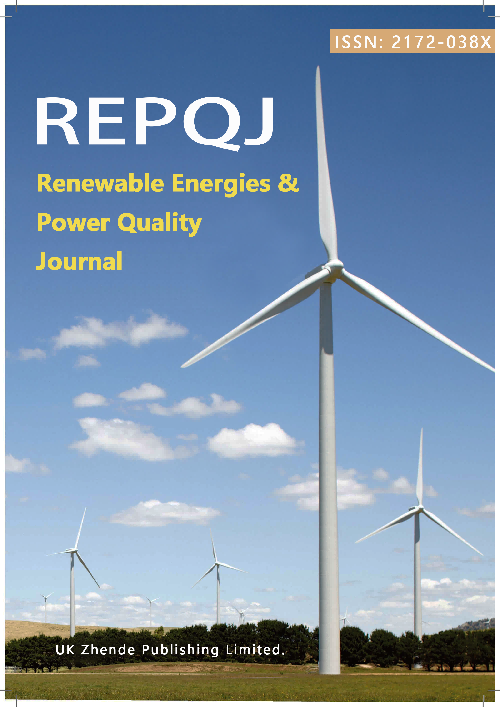Enhancing Flexible Ramping in EV-Integrated Power Systems Through Decentralized Optimization
DOI:
https://doi.org/10.52152/4140Keywords:
Electric Vehicle, Integrated Power Systems, Flexible Ramping, Decentralized Optimization, Alternating Direction Method of MultipliersAbstract
When dealing with large-scale EV groups, existing Electric Vehicle (EV) integrated power systems mostly collect, transmit, and calculate all charging demands and power constraints through a central computing unit, which consumes a lot of computing resources and is difficult to accurately respond to dynamic charging demands and grid load fluctuations. This paper focuses on the problem of system flexible scheduling and combines a decentralized optimization scheduling method to improve the system's scheduling efficiency, reduce charging costs, and achieve load balance and SOC (State of Charge) constraints. First, based on ADMM (Alternating Direction Method of Multipliers), the complex global optimization problem is decomposed into several small local sub-problems, and auxiliary variables are combined with Lagrange multipliers to achieve parallel solution of each sub-problem on multiple nodes. Then, the ADMM algorithm can be optimized through multi-level decomposition, and the clustering algorithm is used to classify and locally optimize EVs according to similarity. Finally, the adaptive step size mechanism is introduced into the iterative algorithm to achieve fast iteration based on gradient. The simulation results show that compared with centralized optimization, the average SOC error decreases by 35.63% and the total charging cost decreases by about 13.39%. The conclusion shows that decentralized optimization helps to improve the computational complexity and accurate response capability in system scheduling, and provides new perspectives and support for large-scale EV access in the future.
Downloads
Published
Issue
Section
License
Copyright (c) 2025 Meiling Liu, Xiaojuan Zuo (Author)

This work is licensed under a Creative Commons Attribution 4.0 International License.











